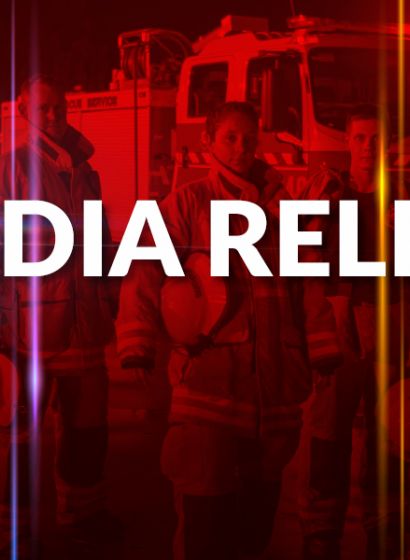Northern Territory Police are urging Territorians to remain vigilant about online scams.
Police have received a number of reports from victims of online scams, where offenders have used personal information the victims have posted to their public social media profiles, to commit the scam.
Often located outside of Australia, offenders have used information such as where people went to school or previous work places to create fake social media profiles with similar information to target and befriend victims before enacting various scams.
Detective Sergeant Craig Windebank from the High Tech Crime Squad said in some cases the victims of these scams have suffered significant financial losses and emotional distress.
“Unfortunately, money that is transferred internationally through money orders almost certainly cannot be recovered if the transaction is later found to be a scam,” he said.
Victims of online scams can report the matter or get more information at the Australian Cybercrime Online Reporting Network.
The Scamwatch website also has information available to consumers and small businesses about how to identify scams and protect themselves.
Seven internet safety tips
- Don’t publicly reveal information about yourself that you don’t have to, for example workplace, hometown, marital status etc. Scammers use this information to target you.
- Scammers use this information to target you. Be wary of accepting friend requests from people you don’t know outside of Facebook.
- Be cautious when posting pictures or images of yourself online. Never post or send something you wouldn’t want your friends or family to see. This includes using webcams as they can be recorded remotely without you knowing it is being recorded.
- Don’t click or follow links on emails that you didn’t expect. For example, emails claiming to be bills or parcel delivery alerts with a “click here to” option. These links are often used to install malware or a virus on your phone or computer.
- Just because a person says something online doesn’t mean it is true. They may say they are Helen from Noonamah but really they could be from anywhere in the world.
- Don’t accept overpayments from online customers who then ask you to pay the extra funds to another party. The scammers often use stolen credit card details to make the initial purchase and overpayment.
- Don’t send money transfers to people you have not met or spoken to in person. This includes people that claim to be unable to speak because they are (for example):
- Working on an oil rig
- In the armed forces and on exercise
- In hospital following surgery


